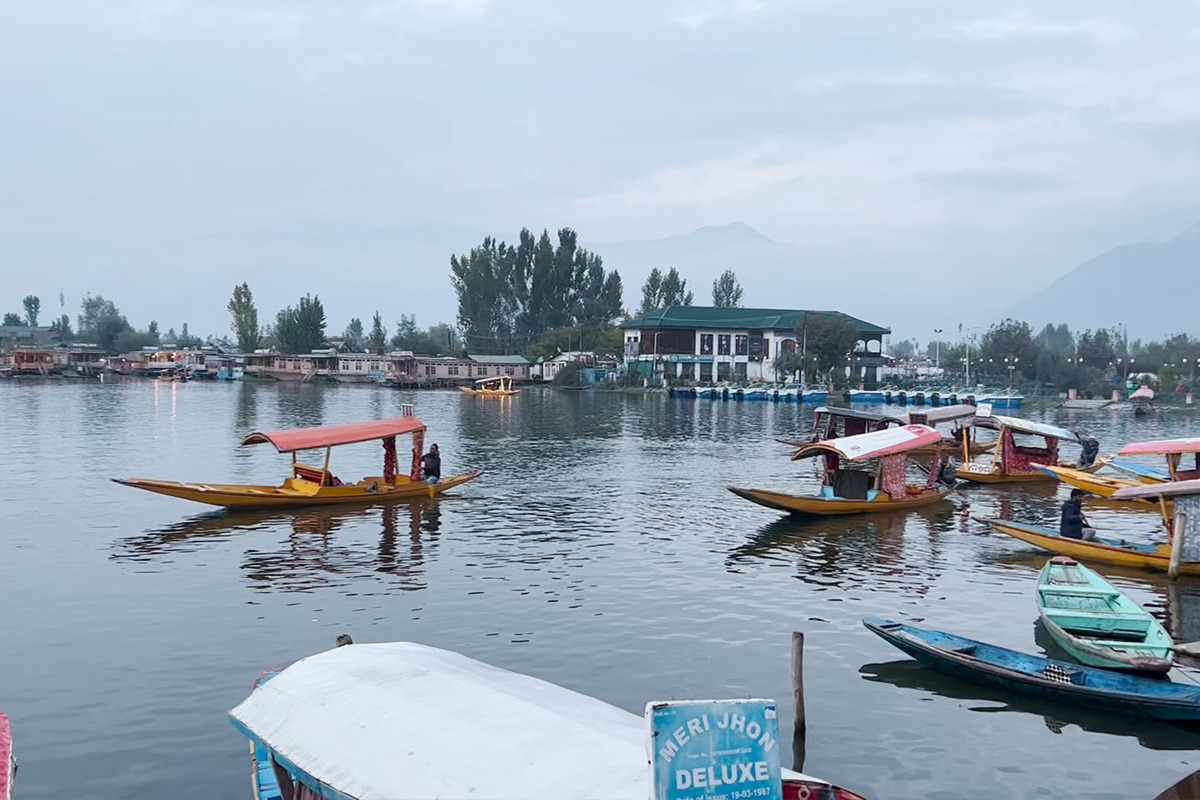It has been four years since the nullification of Article 370 under the Jammu and Kashmir Reorganisation Act, which reconstituted the state of Jammu and Kashmir into two Union territories – J&K and Ladakh. This move was a part of Prime Minister Narendra Modi’s government’s broader effort to bring positive changes to the region. The intention was to enhance governance, encourage economic development, and foster a closer integration of Jammu and Kashmir with the rest of India.
As we mark its fourth anniversary, the question remains: Have these broader efforts borne fruit? On the surface, these endeavors are evident in developmental projects, improved infrastructure, stable economic growth, functional institutions, social activities, and more. However, it would be misleading to assert that the parallel efforts to undo the damage caused by the special status – which left Kashmiris torn between two identities and allegiances – are complete.
ALSO READ: Creeping militancy casts shadow on upcoming polls in J&K
For those of us accustomed to crossfires, public bombings, strike (hartal) schedules, prolonged closures of educational institutions, dysfunctional government offices, one-sided media narratives, religious radicalization, restrictions on personal freedoms (especially for women), severe damage to tourism and industrial sectors, absence of sports and cultural events, the change in Kashmir is indeed noticeable.
A few years ago, walking by the lakeside or the Jhelum riverfront, witnessing shops open late into the night, crowded cinemas, bustling Bollywood shooting locations, hosting G20 events, winter sports, peaceful Amarnath pilgrimages, record-breaking tourist numbers, and operating flights from an international airport within the region were unthinkable.
A sense of stability now prevails in the atmosphere of Kashmir, characterized by developmental strides, a semblance of work ethics in public and private sectors, and renewed confidence in both security forces and the democratic process. The agenda of the Intifada factory is being exposed to the younger generation, and the one-sided ‘occupation’ narrative is being challenged in every sphere of Kashmiri life. Nevertheless, while cross-border infiltrations have reduced, they have not ceased entirely, and sporadic targeted assassinations continue, albeit with security forces recording more successes than failures.
ALSO READ: Repeal of Article 370 ushered in new era: A Kashmiri’s account
Four years are insufficient to reverse the damage inflicted by Pakistan’s military-industrial complex and its policy of the ‘unfinished business of Partition’, often referred to as ‘Ghazwa-i-Hind’. Zia’s Operation Gibraltar, which focused on jihadist activities, remains intact and has been further optimized by technological advancements and the reach of social media across the region. The number of Kashmiri youths joining terrorist groups might be lower, but those who do join terrorist ranks harbor motives even deadlier than their predecessors in the 1990s or early 2000s. Hatred against non-Muslims – Pandits, Hindus, and secular Muslims (branded apostates) – has reached unprecedented levels.
While Indian agencies are countering the insurgency threat posed by the now-banned PFI and Jamaat-e-Islami, foreign radical groups like al-Qaeda, ISIS, and Lashkar-e-Taiba are targeting Jamaat cadres, viewing them as anti-India elements and potential recruitment sources for their overground workers (OGWs). An attempt to revive the Two-Nation Theory is underway, spearheaded by the Indian Muslim politicians of the Muslim League 2.0, extending their influence up to Kashmir. The challenge extends beyond stopping recruitment into terror groups; it involves addressing the channels through which Jamaat’s ideology infiltrated Kashmiri minds, radicalizing three generations.
ALSO READ: 4 years post-Article 370: Govt misses window of opportunity in J&K
Kashmir’s integral part, the Pandits, still await their return to their beloved homeland. And a handful of those who exist in the Valley live in fear, often at odds with the local administration and at target of terrorists. Semi-separatist political class is resurfacing through undisclosed agreements with the government, while emerging pro-India nationalists face marginalization in the Valley. The ‘Kashmir Whisperers’ within political circles are adept at diplomatic maneuvering – securing their vested interests by altering their rhetoric, hoping that things will return to their lucrative ‘green’ – a reference to the conflict industry through which numerous state and non-state actors, including separatists, media moguls, and misguided elements of the non-Muslim population, amassed millions.
These gatekeepers of Kashmir’s policy are poised to regress J&K to the days of separatism, driven by short-term gains, while sacrificing the long-term benefits of complete integration, economic progress, and enduring peace in one of North India’s most volatile regions. For more insights, readers may explore the columns of journalist and prominent author David Devadas in The New Indian.
(Arshia Malik is a Delhi-based writer, blogger and social commentator.)
Disclaimer: The views expressed above are the author’s own












